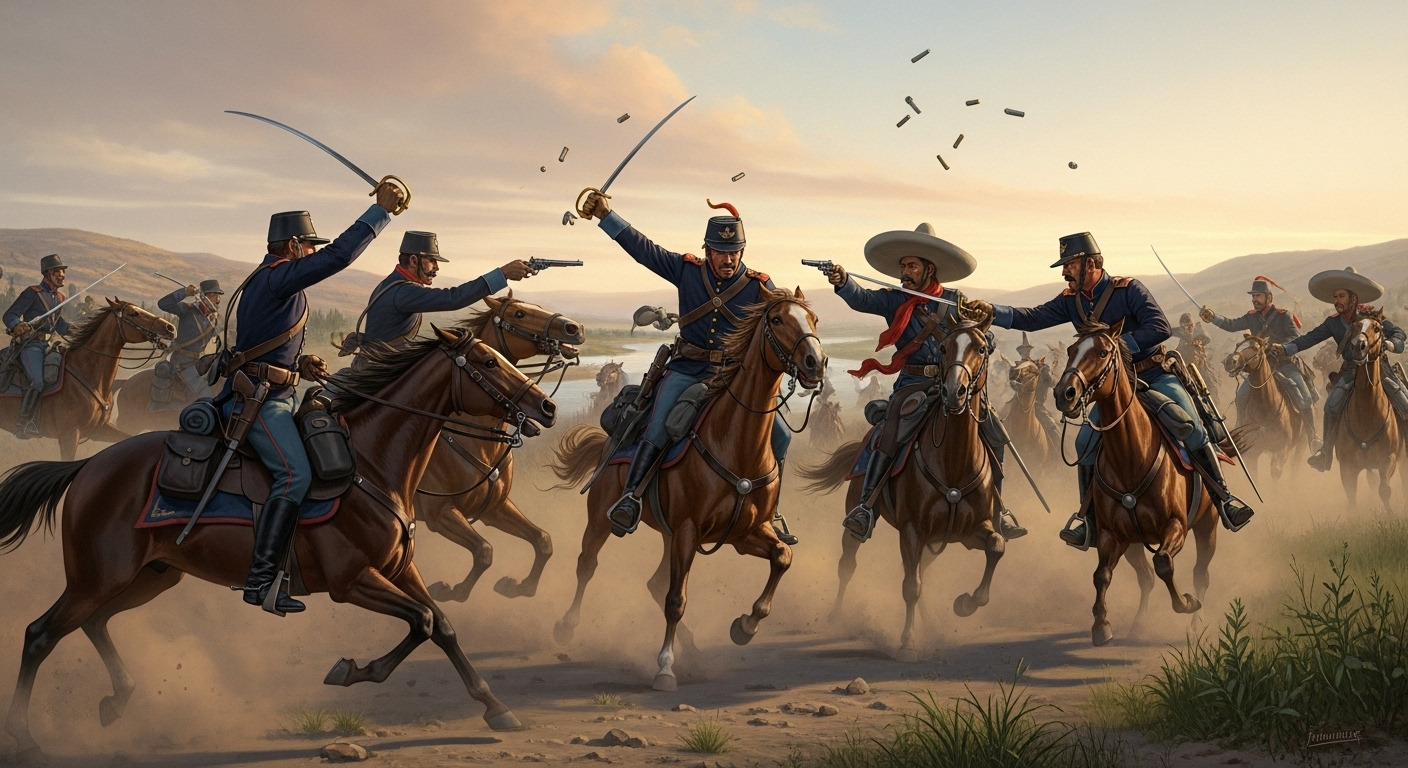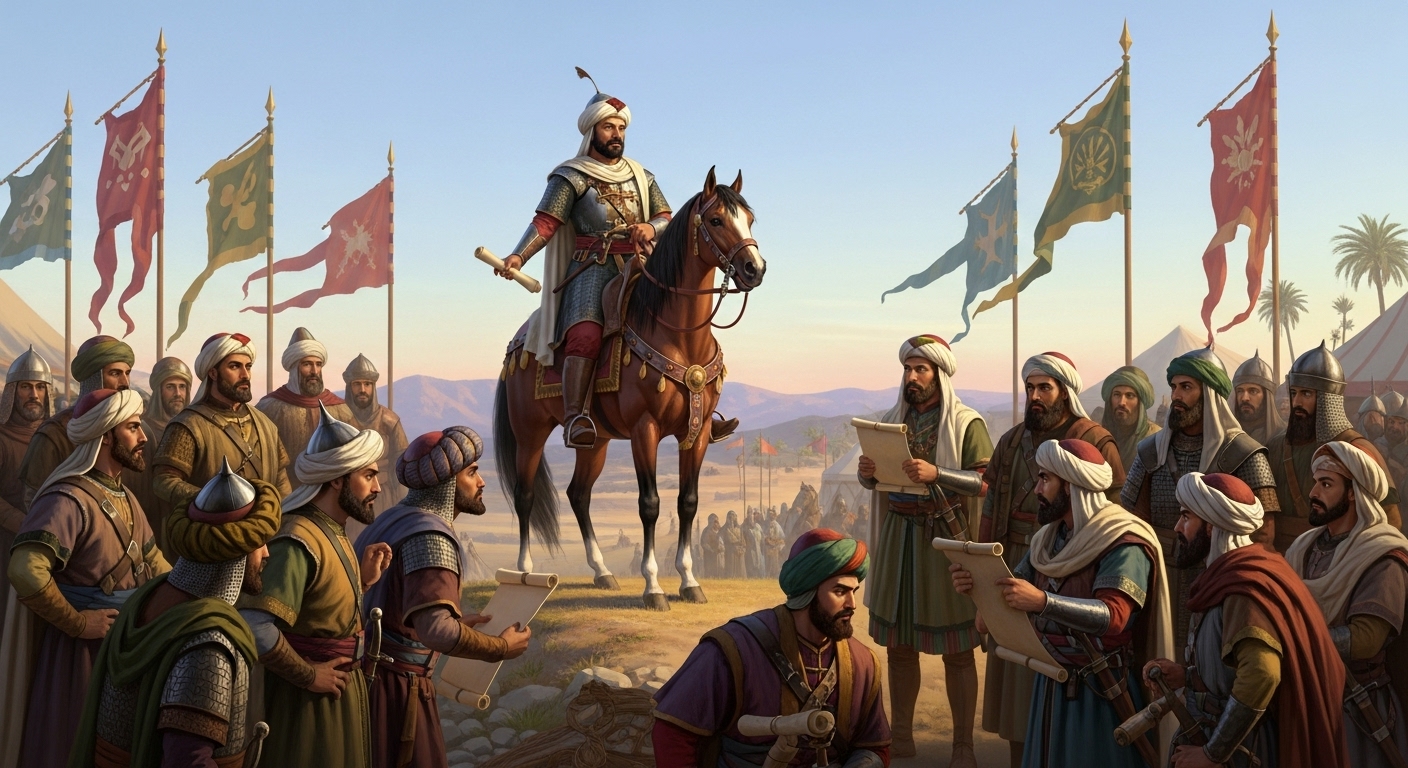I. Introduction: A War Within a War
Imagine the jubilant celebrations of victory, only to have them curdle into bitter animosity just months later. This surprising and tragic turn of events is precisely what defines the [1]. After a hard-won triumph against the Ottoman Empire in the First Balkan War, where Christian nations united to liberate vast territories, the former allies inexplicably turned their weapons on each other. It’s a compelling, if heartbreaking, testament to how quickly shared goals can dissolve into self-interest and rivalry.
The First Balkan War had seen a coalition of Bulgaria, Serbia, Greece, and Montenegro successfully push the Ottomans out of most of their remaining European possessions. However, this shared victory, rather than cementing a lasting peace, merely set the stage for a new, even more brutal conflict. The causes of the Second Balkan War were not simple or singular; they arose from a complex tapestry of unfulfilled territorial ambitions, deeply ingrained ethnic rivalries, and the manipulative machinations of the Great Powers of Europe. Understanding this period is crucial for grasping the geopolitical tensions that would soon explode into World War I.
In this post, we’ll delve into the intricate factors that led to this internecine struggle, exploring the contentious territorial disputes, the surging wave of nationalistic aspirations, and the significant, often detrimental, influence of external powers. By the end, you’ll have a clear picture of why the Balkans, once again, became a powder keg.
II. Setting the Stage: The Unresolved Aftermath of the First Balkan War
The swift and decisive victory of the Balkan League against the ailing Ottoman Empire in 1912 was an astonishing display of military prowess. For centuries, the Ottomans had held sway over much of the peninsula, but their power was finally broken. However, the very success of the League also contained the seeds of its destruction.
The subsequent Treaty of London in May 1913, intended to formalize the peace and delineate new borders, proved to be woefully inadequate. While it established an independent Albanian state – a move heavily influenced by Austro-Hungarian and Italian interests to block Serbian access to the Adriatic Sea – it notoriously left the fate of Macedonia largely undefined [2]. This oversight transformed Macedonia into the central point of contention, an undetonated bomb waiting to explode.
Almost immediately after the ink dried on the Treaty of London, the cracks in the Balkan alliance became glaring fissures. Serbia, Greece, Bulgaria, and Montenegro’s shared triumph against the Ottomans quickly gave way to bitter squabbles over the spoils. Each nation felt entitled to a larger share of the newly liberated territories, setting a perilous precedent for conflict and foreshadowing the causes of the Second Balkan War.
III. The Heart of the Matter: Unresolved Territorial Ambitions and Rivalries
A. The Macedonian Question: A Powder Keg of Claims
At the core of the escalating tensions was Macedonia, a historically and ethnically diverse region that every Balkan ally regarded as unequivocally their own. This shared, yet conflicting, aspiration turned Macedonia into a geopolitical powder keg.
- Bulgaria’s Claim: Bulgaria felt it had the strongest historical and demographic claim to Macedonia, arguing that a significant portion of its population was ethnically Bulgarian. They also pointed to pre-war agreements with Serbia that, though increasingly contested, promised them a substantial share of Macedonian territory, particularly Vardar Macedonia. Bulgaria believed it had borne the heaviest burden in the First Balkan War and deserved a commensurate reward.
- Serbia’s Claim: Serbia’s primary ambition in the First Balkan War was to gain access to the Adriatic Sea. However, the Great Powers’ creation of an independent Albania effectively blocked this ambition. Disappointed, Serbia pivoted its focus, seeking compensation by acquiring a larger share of northern and central Macedonia (Vardar Macedonia). For Serbia, control over this region was not just about ethnicity but about strategic depth and economic viability, linking it to its ‘Greater Serbia’ ideals.
- Greece’s Claim: Greece focused its claims on southern Macedonia, particularly the strategically vital port city of Thessaloniki (Salonika), which it had captured early in the First Balkan War. Greek claims were based on both historical precedent and the significant Greek-speaking population in the southern parts of the region.
The inability to reconcile these overlapping and deeply held claims over Macedonia became a dominant factor among the causes of the Second Balkan War.

B. Serbian Expansionism and Revisionism
The dream of a Greater Serbia, uniting all Serbs into a single, powerful state, was a potent force in Serbian politics. This aspiration naturally extended to areas in Macedonia with perceived Serb populations. When the Great Powers intervened to create Albania, denying Serbia its long-coveted access to the Adriatic, Serbian leaders felt deeply wronged. This diplomatic setback intensified Serbia’s drive for territorial compensation elsewhere. They saw the acquisition of Vardar Macedonia not just as a strategic necessity but as a matter of national pride and fulfillment of their broader nationalistic goals, directly impacting the causes of the Second Balkan War.
C. Bulgarian Dissatisfaction and Miscalculation
Bulgaria emerged from the First Balkan War feeling profoundly shortchanged. Despite contributing the largest army and suffering the most casualties against the Ottomans, they believed their territorial gains were disproportionate to their sacrifices and pre-war agreements [3]. This sense of injustice fueled a potent desire for revision. Tsar Ferdinand I, an ambitious and often autocratic ruler, harbored grand visions of a “Greater Bulgaria” that would dominate the Balkans. He saw Macedonia, particularly the region around Bitola and Skopje, as essential for this aspiration.
Ferdinand’s personal ambition, coupled with the nationalistic fervor and widespread belief that Bulgaria had been cheated, led to a dangerous miscalculation. Convinced that his army could swiftly defeat his former allies, and egged on by certain Great Powers (like Austria-Hungary) who sought to weaken Serbia, Ferdinand made the fateful decision to launch a preemptive strike. This aggressive move was a direct catalyst, bringing the simmering tensions to a boiling point and igniting the Second Balkan War.

D. Great Power Machinations and Diplomatic Failures
The Great Powers of Europe – Austria-Hungary, Russia, Germany, Britain, France, and Italy – were not passive observers; their complex rivalries and interventions significantly exacerbated the Balkan situation. Austria-Hungary, deeply wary of a strong, expanded Serbia, actively encouraged Bulgaria to attack. They saw Bulgaria as a potential counterweight to Serbian influence in the region. Russia, on the other hand, traditionally a patron of Serbia and Bulgaria, found itself caught between its Slavic allies and struggled to mediate effectively. The lack of a unified, decisive Great Power policy that could enforce equitable territorial divisions left the Balkan states to sort out their disputes through force.
The failure of international diplomacy to provide a viable framework for peace after the First Balkan War, combined with the cynical manipulation by certain powers, played a critical role among the underlying causes of the Second Balkan War.

IV. The Spark: Bulgaria’s Precipitate Attack
While the underlying issues were numerous and complex, the immediate trigger for the Second Balkan War was Bulgaria’s sudden, unprovoked attack on Serbian and Greek positions in Macedonia on the night of June 29-30, 1913. Tsar Ferdinand, overconfident and misjudging the resolve of his former allies and the international community’s reaction, ordered his forces to seize the disputed territories. This bold, almost reckless, move was based on the mistaken belief that a quick victory would present a fait accompli to the other powers and secure Bulgaria’s claims.
However, instead of a decisive victory, Bulgaria found itself isolated. Serbia and Greece quickly formed a defensive alliance, and within days, Montenegro, Romania (which had its own claims against Bulgaria in Dobruja), and even the Ottoman Empire (seeking to regain lost territory) joined the fray against Bulgaria. This rapid encirclement sealed Bulgaria’s fate and transformed a localized dispute into a wider regional conflict.


V. Conclusion: A Grim Precursor
The causes of the Second Balkan War were a volatile cocktail of unfulfilled nationalist dreams, bitter territorial grievances, and cynical Great Power manipulation. The peace following the First Balkan War was merely a temporary armistice, barely concealing the deep-seated resentments and conflicting ambitions that still festered. Bulgaria’s desperate gamble to secure a larger share of Macedonia backfired catastrophically, leaving it weakened and isolated.
More than just a regional conflict, the Second Balkan War served as a grim precursor to the cataclysm that would engulf Europe just a year later. It demonstrated the fragility of alliances, the explosive power of nationalism, and the dangers of unresolved territorial disputes. The tensions and rivalries exposed and exacerbated during these Balkan conflicts directly contributed to the geopolitical climate that led to the assassination in Sarajevo and the outbreak of World War I. Understanding these complex causes is not just about historical curiosity; it’s about recognizing the enduring lessons of unchecked ambition and diplomatic failure.
END



